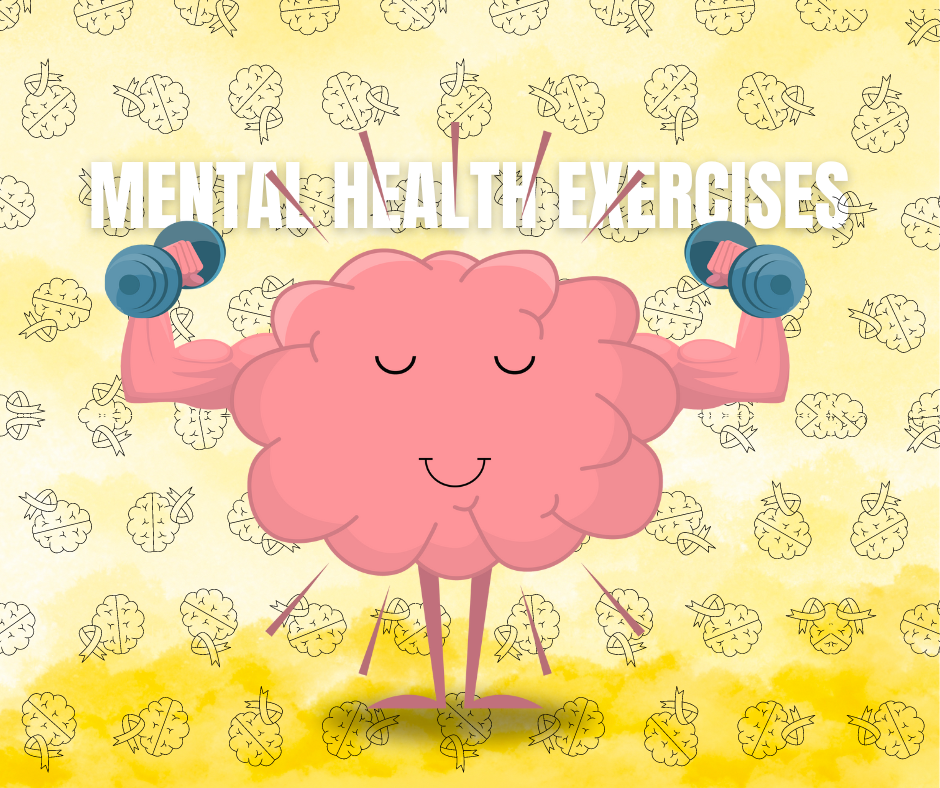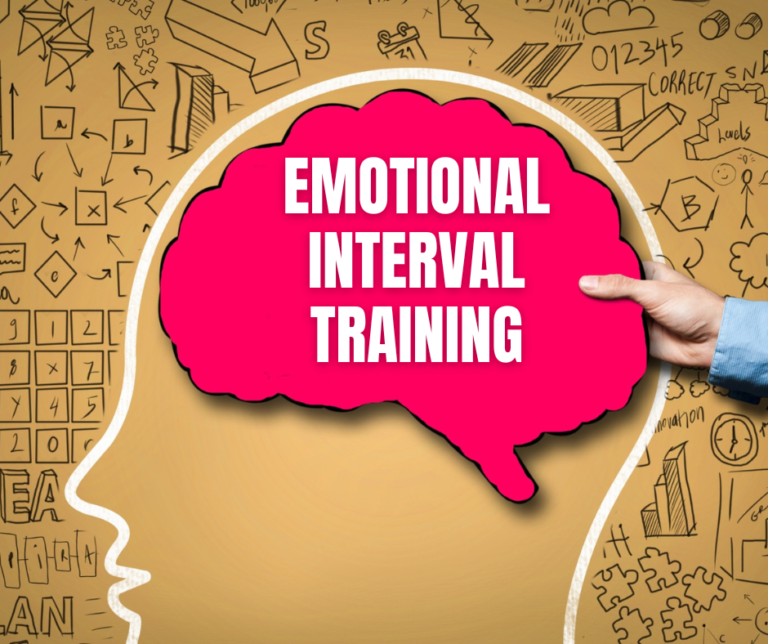
Hey folks! Ever thought of giving your emotions a gym membership? Yeah, you heard that right. Just as we flex those biceps, our emotional resilience needs its own kind of workout. Forget the same old advice you’ve heard a zillion times. Let’s explore some unique, yet sensible hacks to bulk up your emotional resilience without the eye-roll-worthy clichés. Ready to get emotionally ripped? Let’s dive in

The Laughter Squat
Imagine combining the joy of laughing with the intensity of a squat. Here’s the hack: for every negative thought that tries to take root, counter it with a funny meme, a dad joke, or a clip from your go-to comedy show. It’s like doing a mental squat every time you choose laughter over worry. This isn’t about ignoring feelings but giving your brain a healthier response option. Plus, you can’t really feel stressed when you’re trying not to snort-laugh, right?
Gratitude Planks
Holding a plank is tough, and so is maintaining a sense of gratitude when the going gets rough. Here’s the twist: every day, challenge yourself to hold a ‘gratitude plank’ by writing down or mentally listing three unique things you’re grateful for, and why. The catch? No repeats allowed. It’s about seeing the new, good stuff in the same old routine, stretching your gratitude muscles to find joy in the mundane.

Emotional Interval Training
Just as interval training mixes short, high-intensity bursts of exercise with recovery periods, apply this to your emotional resilience training. When facing stress, give it your all in short bursts—tackle the issue head-on, brainstorm solutions, express what you’re feeling. Then, actively switch to a recovery period: step back, do something completely different that brings you joy or relaxation. This ‘emotional interval training’ helps prevent burnout by ensuring you’re not in a constant state of stress.
The Curiosity Cool Down
After a heavy workout, a cool down is essential. Similarly, winding down from an emotional rollercoaster requires a technique: curiosity. When emotions run high, get curious about them. Ask yourself, “Why does this bother me?” or “What’s another way to look at this?” It’s like stretching your mind to consider different perspectives, cooling down those heated emotions, and fostering understanding and resilience.

